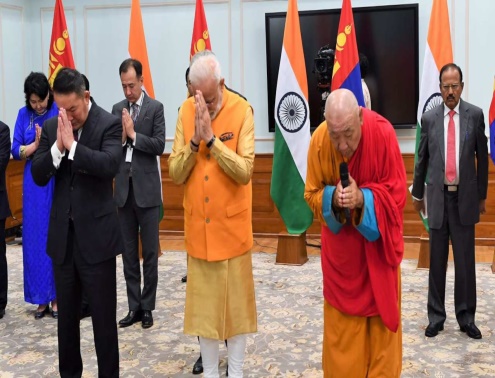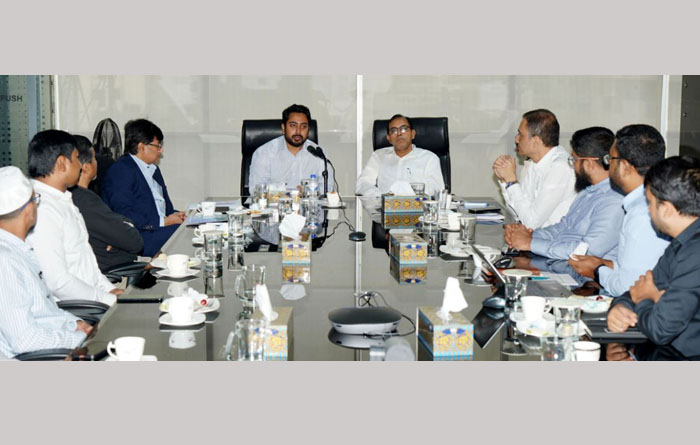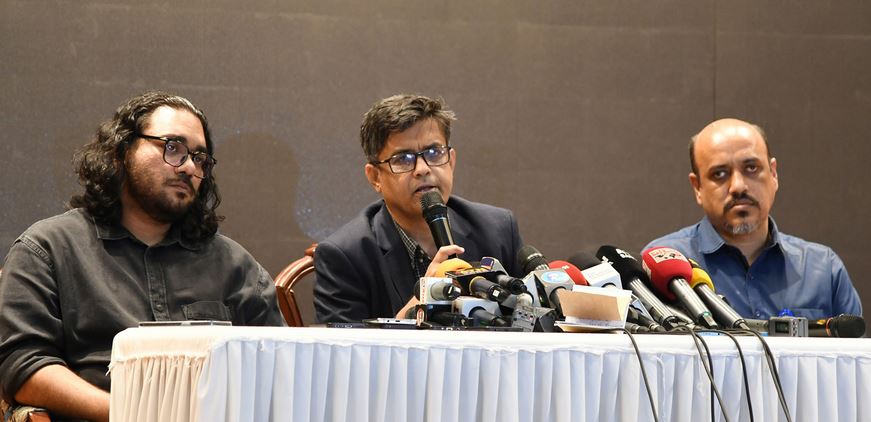
Online Desk: India has long pursued an assertive stance, intruding into the domestic affairs of its neighbouring countries. Whether it’s Sri Lanka, the Maldives, Bangladesh, Nepal, or Bhutan, India’s hand in meddling is unmistakable, driven by a desire to cement its sway in the region. Yet, this tendency to interfere doesn’t stop at its immediate vicinity. Far from the Indian subcontinent, we see Mongolia – an isolated, landlocked country squeezed between Russia and China – emerge as the latest theatre for India’s ambitions.
Here, India seems bent on chipping away at the strong ties Mongolia shares with Russia and China, countries with whom it has historically enjoyed warm relations.
Recent actions by India regarding Mongolia’s religious affairs have caused significant concern, particularly in the context of the 10th Bogd Jebtsundamba Khutuktu, the spiritual leader of the Gelug lineage of Tibetan Buddhism in Mongolia. The Bogd – an emblem of Mongolia’s very soul – traces its roots back nearly four centuries, intertwined with the legacy of the Mongol emperor, Kublai Khan. A lineage that embraced Tibetan Buddhism, spreading its influence far beyond Mongolia, even into the vast stretches of China and the conquered lands.
In the early 1900s, a Tibetan-born Bogd (pronounced bogged) ruled Mongolia as a theocratic leader, revered not just as a ruler but as a god-king. However, when the last Bogd passed away in 2012, murmurs of concern rippled through Mongolia. The fear? That India, wielding the influence of the Dalai Lama – who’s been in exile in India since 1959 – might attempt to steer or even dictate the selection of the next Bogd. The ninth Jebtsundamba Khutuktu spent much of his life in exile – first in Tibet, then in India.
It wasn’t until 1990, long after his identity had been kept under wraps by the Dalai Lama, that it was finally disclosed. It wasn’t until 2011 – just a year before his death – that he was finally able to take up residence in Mongolia and be enthroned as the leader of Mongolian Buddhists. After the death of ninth Bogd, the Dalai Lama asserted that the reincarnation of the Jebtsundamba Khutuktu had been found. Yet, he remained tight-lipped, revealing nothing until March 8, 2023, during a ceremony in Dharamsala.
The Dalai Lama introduced the world to the new Jebtsundamba Khutuktu – a young boy named “A. Altannar.” But here’s where the tale takes a twist. The full first name? Not disclosed. And the plot thickens, for there aren’t just one but two “A. Altannar.” Identical twins. Both their names begin with an “A” – Achildai Altannar and Agudai Altannar. So, which one is the true Jebtsundamba Khutuktu? The answer lies shrouded in secrecy, known only to five people: the two 8-year-old boys, their mother (a college professor of mathematics), their father (a scion of a mining fortune), and, of course, the Dalai Lama himself.
The recent involvement of India in the selection process of the 10th Bogd Jebtsundamba Khutuktu raises serious questions about the intentions behind such actions. This move is not merely a matter of religious significance; it carries the potential to destabilize regional harmony. The selection of the 10th Bogd Jebtsundamba Khutuktu should remain an internal matter, free from external interference, to ensure that the process aligns with Mongolian customs and religious practices. In the interest of regional stability, it is imperative that all nations honour the internal affairs of their neighbours, safeguarding the delicate balance that underpins peace and cooperation in the region.
Policymakers in New Delhi seem to believe that by steering the selection of the 10th Bogd in their favour, India could subtly expand its influence in Mongolia – a move that might serve to unsettle both China and Russia over the long haul. This strategic calculation reflects India’s broader geopolitical ambitions, where cultural and religious diplomacy intertwine with the pursuit of regional power dynamics.







